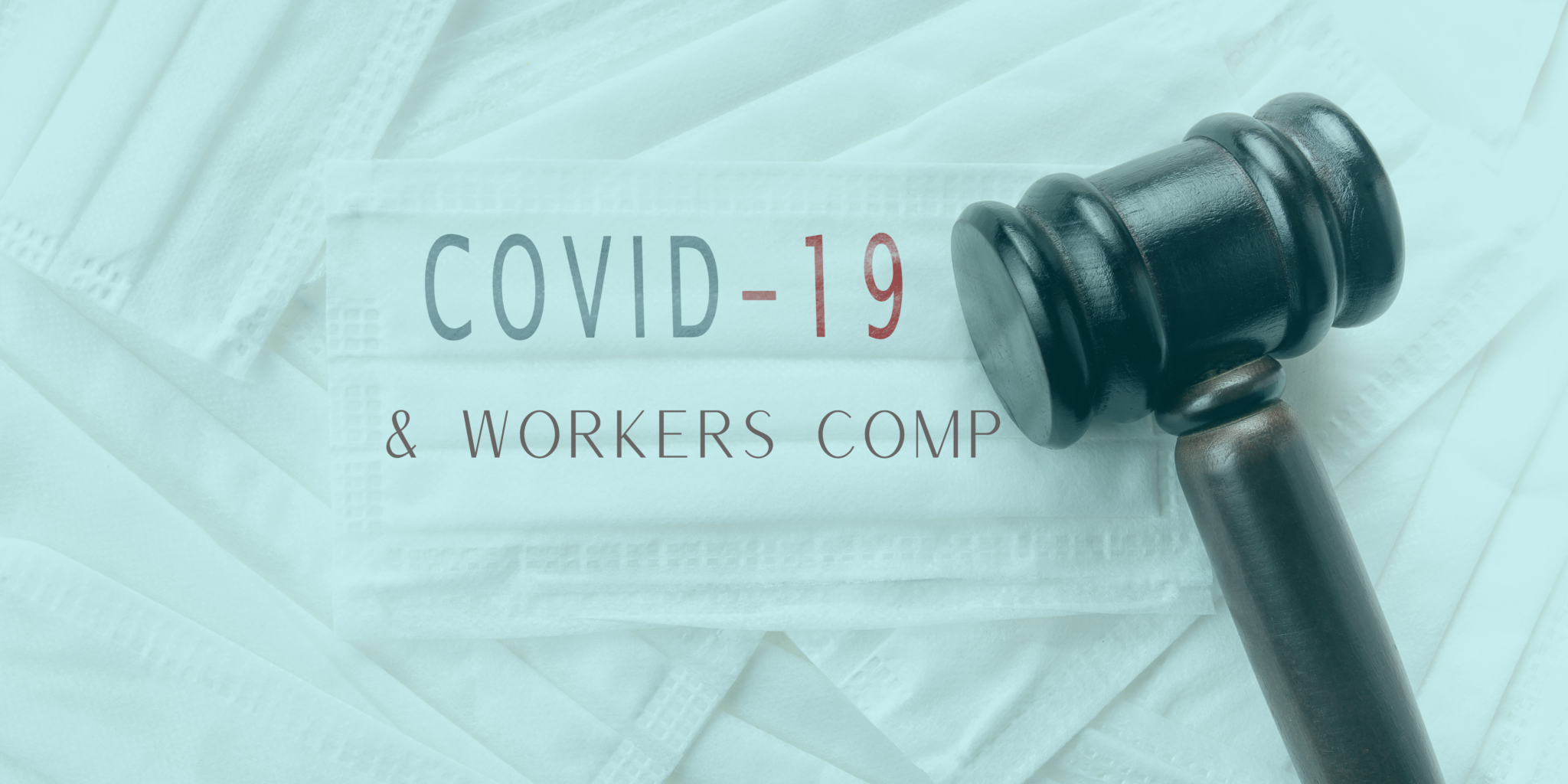Presumption in workers compensation typically requires that an employer accept full responsibility for certain diagnoses, with presumption laws varying by jurisdiction. And, with the recent pandemic and national healthcare emergency in the United States, presumption in workers compensation can often mean accepting responsibility for the contraction of a highly communicable virus that carries a multitude of implications both for the employee and the employer.
In several jurisdictions, the increasing prevalence of COVID-19 has led to modifications of the workers compensation statute to factor in other circumstances that might heighten an employee’s risk of exposure to disease. By this new standard, certain workplace illnesses are presumed to be secondary to occupational issues. For example, some presumption laws assert that certain cancers are a function of occupational exposure regardless of what evidence-based medicine may indicate.
With the recent national healthcare emergency in the United States, presumption in workers compensation can often mean accepting responsibility for the contraction of a highly communicable virus that carries a multitude of implications both for the employee and the employer.
This broad, vague definition of presumption in workers compensation has made it even more difficult to distinguish between ordinary disease of life and occupational diseases in the workplace. Certainly, there are those professions and/or workplaces that historically carry a higher risk for disease secondary to that occupation, such as black lung among coal workers. A more recent example of these mitigating circumstances in workers compensation is the COVID-19 pandemic, during which various jurisdictions issued directives, executive orders, and in some situations, even passed changes to the statute maintaining that certain ordinary diseases of life are presumed to be a function of occupational exposure.

The question then becomes: how can a treating physician (or other healthcare provider such as a physician’s assistant or nurse practitioner) determine if an individual infected with COVID-19 contracted this disease as a function of an occupational/workplace event or not? A question made even more difficult to answer when dealing with a mutating virus less than two years old that we are still learning more about every day.
What is known is that the COVID-19 virus is highly contagious, and even simple errands such as a trip to the grocery store or dry cleaner can expose an individual to this wide-spread disease. Given the high infection risk of daily life and the growing number of individuals affected by COVID-19, it is becoming increasingly difficult to determine whether an infected individual contracted this disease at work or throughout the normal course of their lives. A cursory review of the legal literature notes several court cases pending on this subject, with preliminary determinations falling on either side. Clearly, not every COVID-19 workplace claim is cut-and-dry. And attempts to further clarify these gray areas of presumption in COVID-19 cases have led to even more unanswered questions in the workers compensation legal system.
With little precedence or guidance for COVID-19 claims, a series of specific questions can help workers compensation professionals make a more informed decision when it comes to presumption:
-
Is there a positive test? If so, when did the exposure occur?
-
What specifics relative to exposure can the injured employee present to support the claim?
-
Beyond testing positive, is this individual symptomatic or simply a “carrier”?
-
With their specific symptoms treated, was there a hospitalization?
-
Has this individual been immunized, and is there a detailed social tracing completed establishing that no other exposure occurred?
-
What specific literature citation(s) and workplace/prevalence data is noted indicating that the occupation is at risk for this particular diagnosis? And under what circumstances?
A past medical history, thorough review of systems and physical examination objectifying the presence of this particular disease process within the timeframe of noted exposure should also be obtained in all COVID-19 workers compensation cases. And, as noted earlier, in some jurisdictions the COVID-19 virus may be considered an “ordinary disease of life”, thereby excluding this diagnosis from the workers compensation statute altogether.
Since COVID-19 is a relatively new disease process, there is still much to be learned about it. Causation in COVID-19 cases, therefore, is not a straightforward assessment. Numerous factors must be addressed, several questions need to be answered and, of course, the statute must be followed when making any determinations in these cases. It is imperative that any COVID-19 decisions made are based on the most recent and thorough clinical information available, which will show that not every case can be deemed an occupational disease. With all the unknowns of this disease and its potential negative effects, it is essential that every COVID-19 worker’s comp claim be carefully assessed using the highest standards of evidence-based medicine and the most recent statutes for that jurisdiction before accepting “presumption” of this particular disease process.


